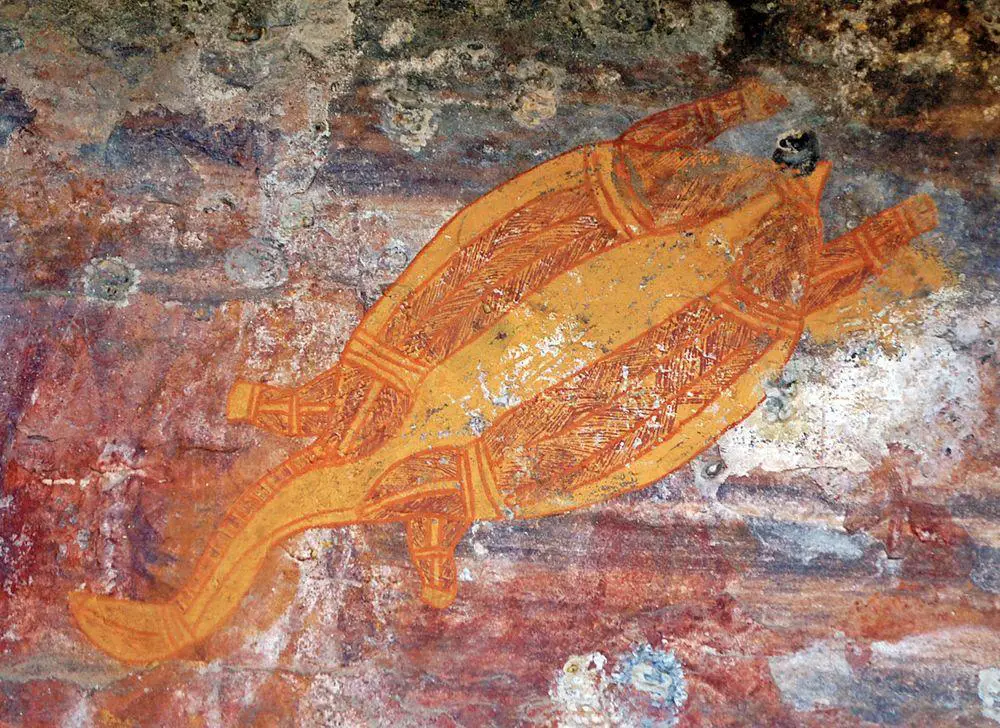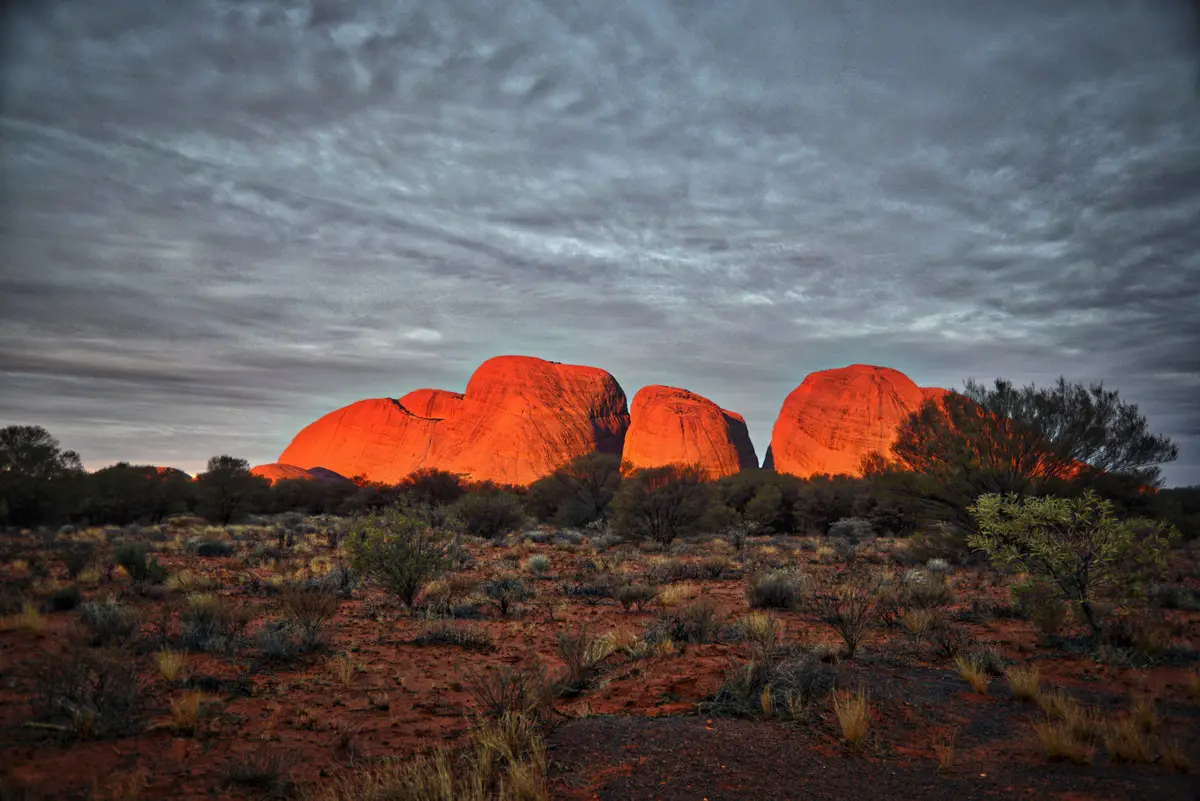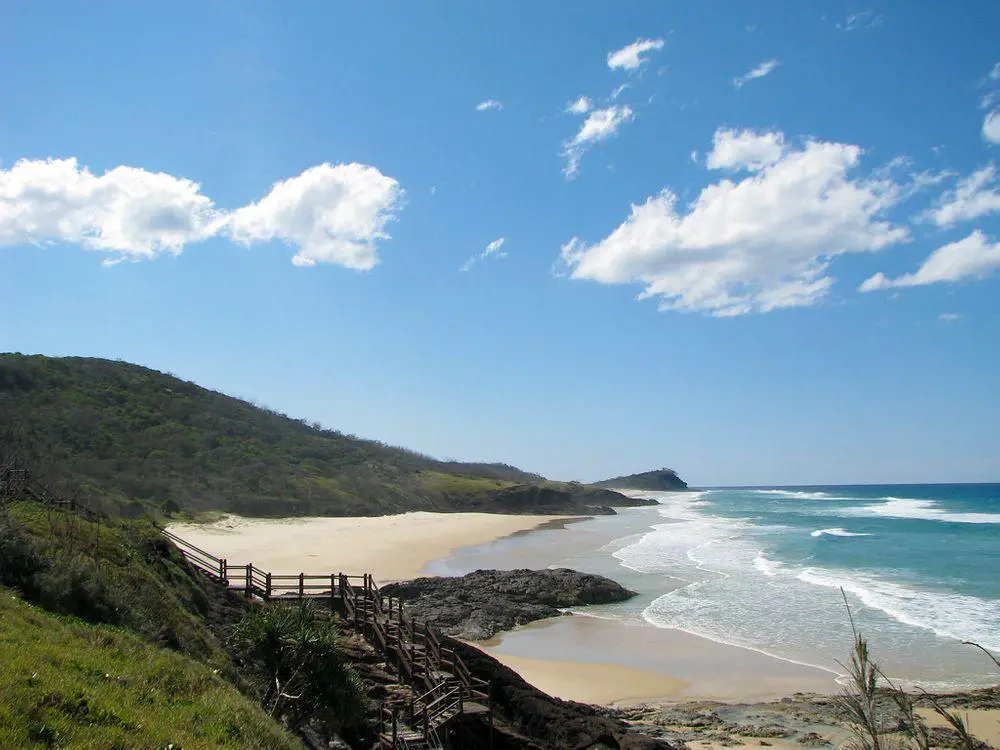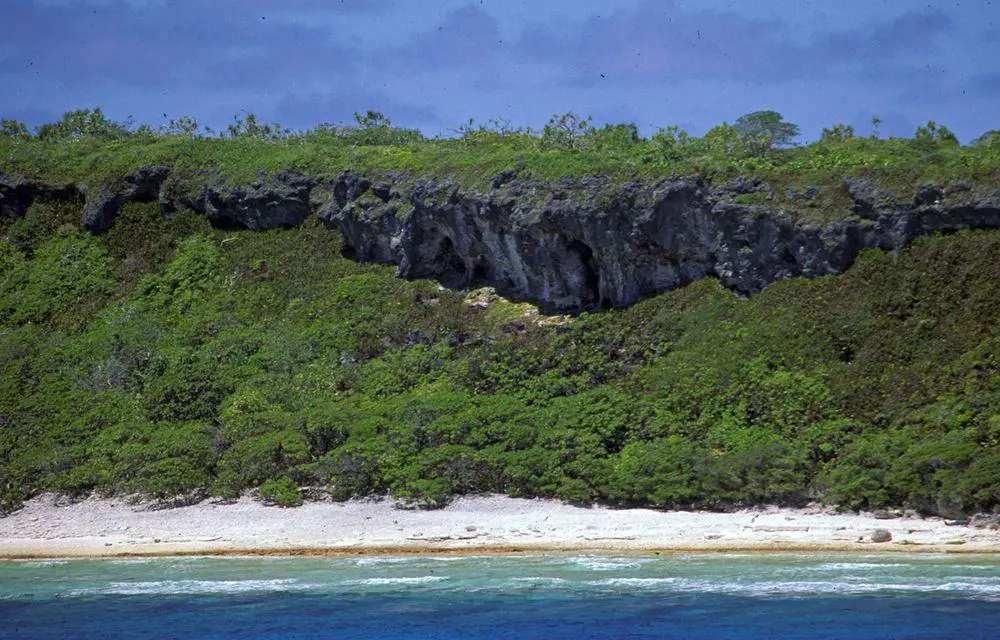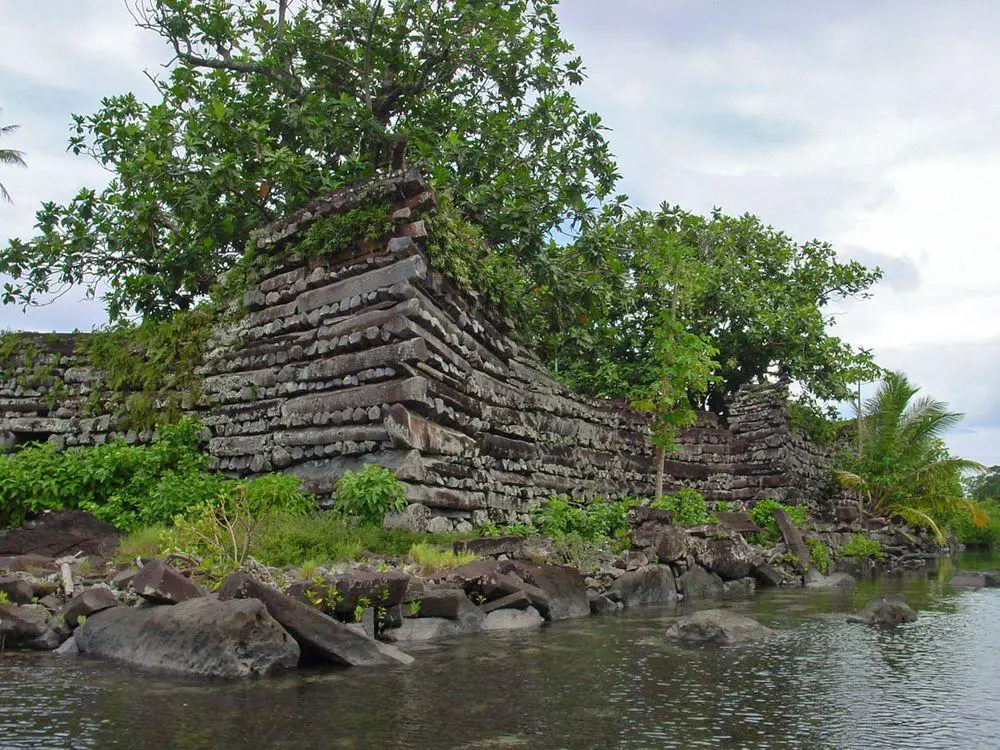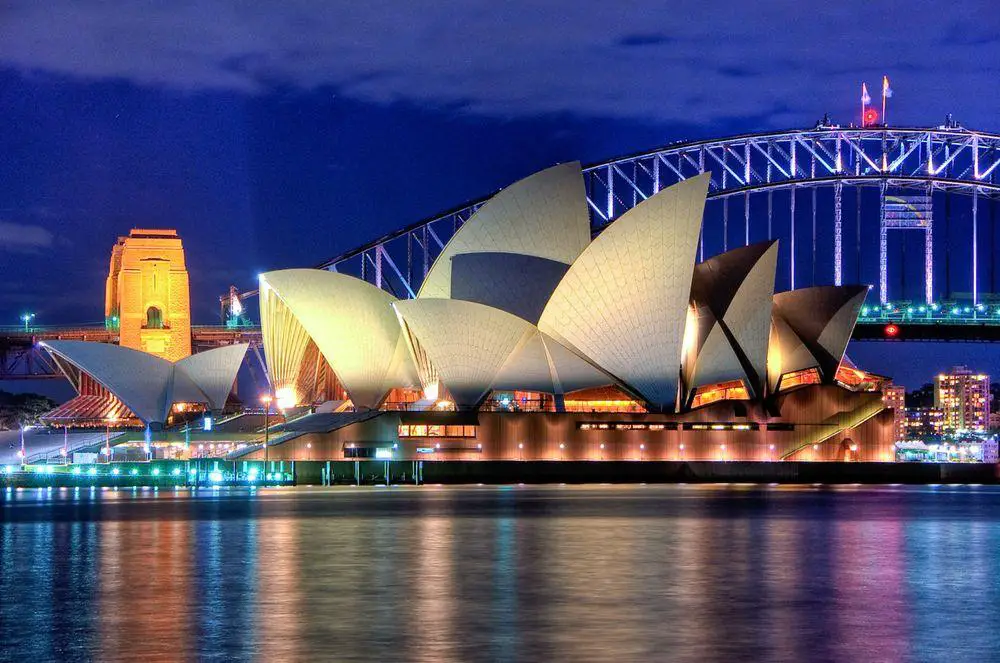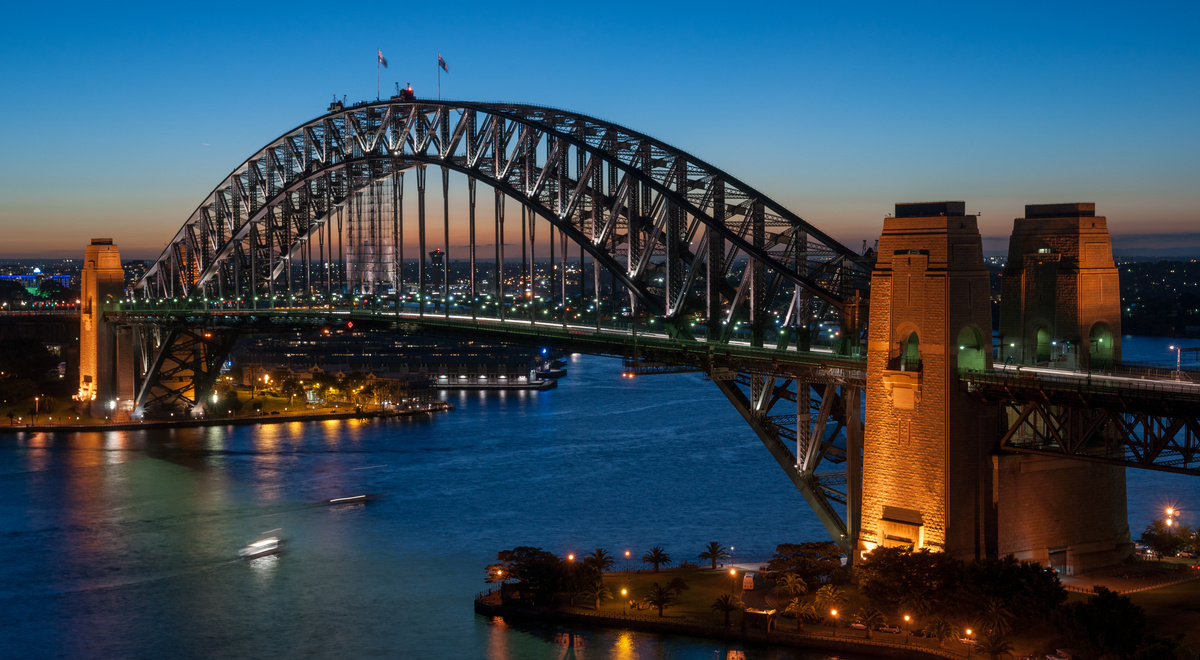Wondermondo 🢖 World 🢖 Wonders of Australia and Oceania
Territory
Wonders of Australia and Oceania
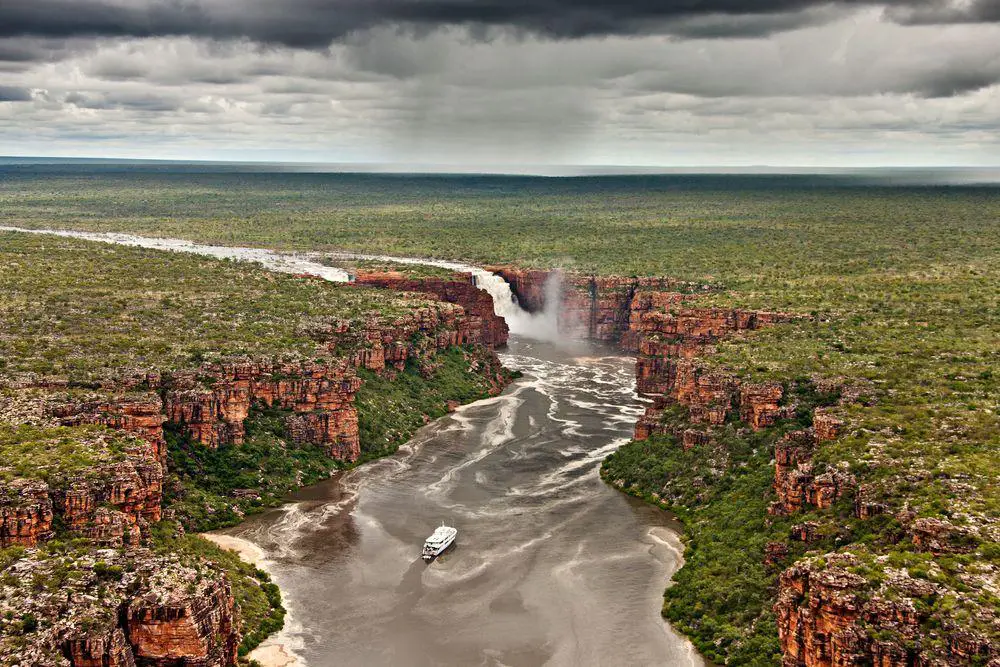
 Countries, territories
Countries, territories
Australia and Oceania here are divided into 41 territories that are listed by sub-regions – Australasia, Melanesia, Micronesia, and Polynesia:
Australasia
- Ashmore and Cartier islands (Australia)
- Australia
- Christmas Island (Australia)
- Cocos (Keeling) Islands (Australia)
Melanesia
List of all countries / territories
- Coral Sea Islands Territory (Australia)
- Fiji
- New Caledonia (France)
- Norfolk Island (Australia)
- Papua New Guinea
- Solomon Islands
- Vanuatu
Micronesia
List of all countries / territories
- Federated States of Micronesia
- Guam (United States)
- Kiribati
- Marshall Islands
- Nauru
- Northern Mariana Islands (United States)
- Palau
- Wake Island (United States)
Polynesia
List of all countries / territories
- American Samoa (United States)
- Baker Island (United States)
- Chatham Islands (New Zealand)
- Cook Islands (associated with New Zealand)
- Easter Island (Rapa Nui) (Chile)
- French Polynesia (France)
- Hawaii (part of the United States)
- Howland Island (United States)
- Jarvis Island (United States)
- Johnston Atoll (United States)
- Kermadec Islands (New Zealand)
- Kingman Reef (United States)
- Midway Atoll (United States)
- New Zealand
- Niue (associated with New Zealand)
- Palmyra Atoll (United States)
- Pitcairn Islands (United Kingdom)
- Samoa
- Tokelau (administered by New Zealand)
- Tonga
- Tuvalu
- Wallis and Futuna (France)
Map with the described wonders
If you see this after your page is loaded completely, leafletJS files are missing.
 Highlights of Australia and Oceania
Highlights of Australia and Oceania
The smallest continent of the world and the countless islands in the largest ocean of the world have been pooled together in this part of the world, which, if counted together with a water area, is the largest in the world, but, if counted only the land area – the smallest one.
The word “exotic” definitely refers to Australia and Oceania. Here are located many unique and mysterious landmarks, many places here deserve to be called – “One of the most beautiful places in the world”. Many places in Oceania and Australia are the most desired destinations for lazy vacationers, newlywed romantics, and adventurers and even more are undeservedly unknown.
The highlights of Australia and Oceania are:
- Unique ecosystems. Both Australia and the islands of Oceania (as well as the depths of the Pacific ocean) are rich with unusual ecosystems. Region for the most part is located in tropics, the islands are remote – this leads to the development of numerous species of plants and animals met only on one small island, mountaintop, or oasis (in Australia). There exist small patches of rainforest (e.g. Mount Purau rainforest in Rapa Iti, French Polynesia), which may contain hundreds of species not met anywhere else in the world.
- Megalithic monuments. Few specialists realize how rich is the megalithic heritage in Oceania. Here are located the outstanding moai of Easter Island, the largest money in the world – Rai of Yap and – the little known, mysterious megaliths of Melanesian islands (see Nusa Roviana hillfort and shrines in the Solomon Islands), the megalithic navigational systems, megalithic observatories, megalithic tattoo workshops… and many more amazing monuments in almost any place of Oceania.
- Prehistoric rock art. Australia has the world’s richest collection of prehistoric rock art. The native people of this continent developed numerous distinct artistic styles and their artwork might be listed among the highest achievements in the history of art. Outstanding cliff paintings are found also in Papua New Guinea and some more island countries.
 Top 25 wonders of Australia and Oceania
Top 25 wonders of Australia and Oceania
Geological wonders
Uluru (Ayers Rock)
Australia
One of the Australian symbols, an enormous and visually very impressive sandstone inselberg, 348 meters high, and 9.4 km in circumference. A sacred place to local Aborigine peoples. Here are many springs, waterholes, caves, and rock art sites. Endemic plants.
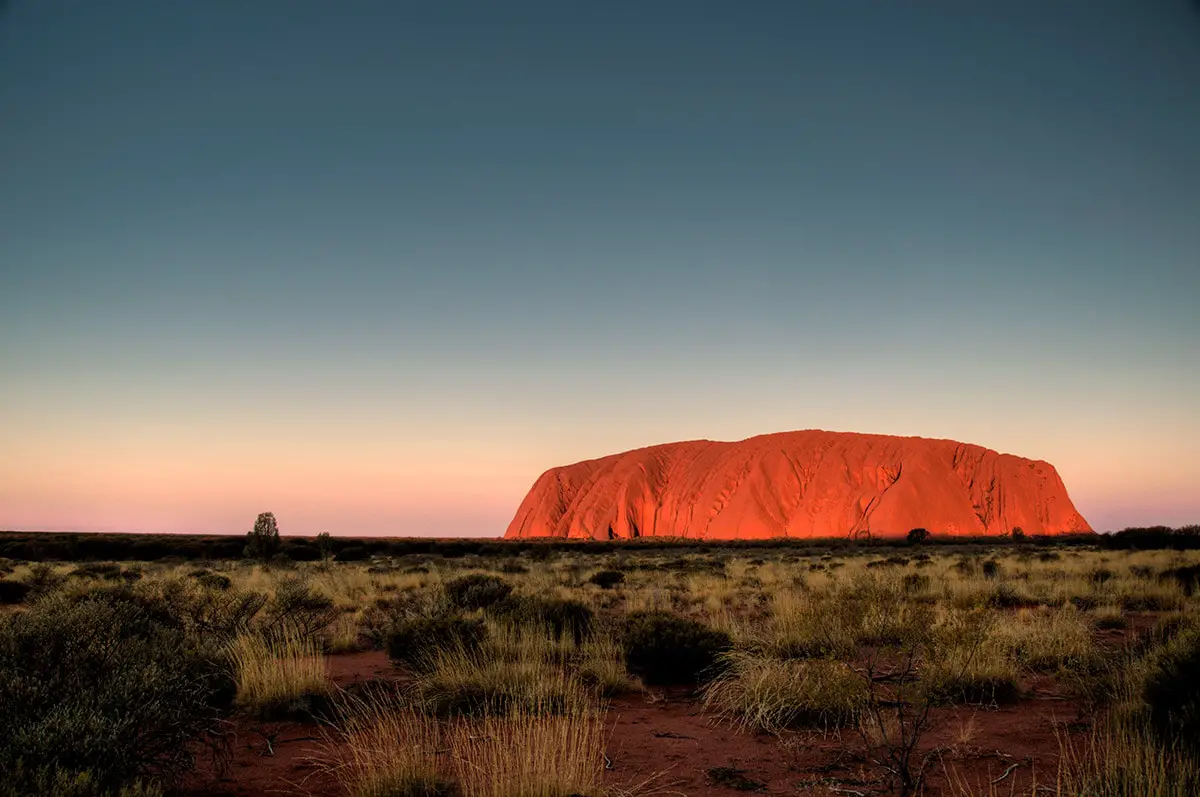
Milford Sound
New Zealand
One of the most grandiose fiords in the world. The walls of the fiord are more than 2 km tall and while at the water grows rainforest, on the top is snow. Here are countless waterfalls and the strong winds catch and often bring them up in the air.
Wai-O-Tapu
Nez Zealand
One of the most beautiful geothermal areas worldwide. Besides the Lady Knox geyser, mud pools, numerous hot springs, and sinter terraces it contains a highly unusual hot spring – Champagne Pool, constantly filled with carbon dioxide bubbles. Along the rim of this spring are deposited bright orange arsenic and antimony salts.
Kata Tjuta (Mount Olga)
Australia
Unusual, impressive monolithic rock formation, consists of 36 steep-sided domes up to 546 meters high. A sacred place to local Aboriginal people. Endemic plants.
Wave Rock
Australia
Highly unusual cliff formation that resembles an enormous petrified wave. Several more such formations in the vicinity.
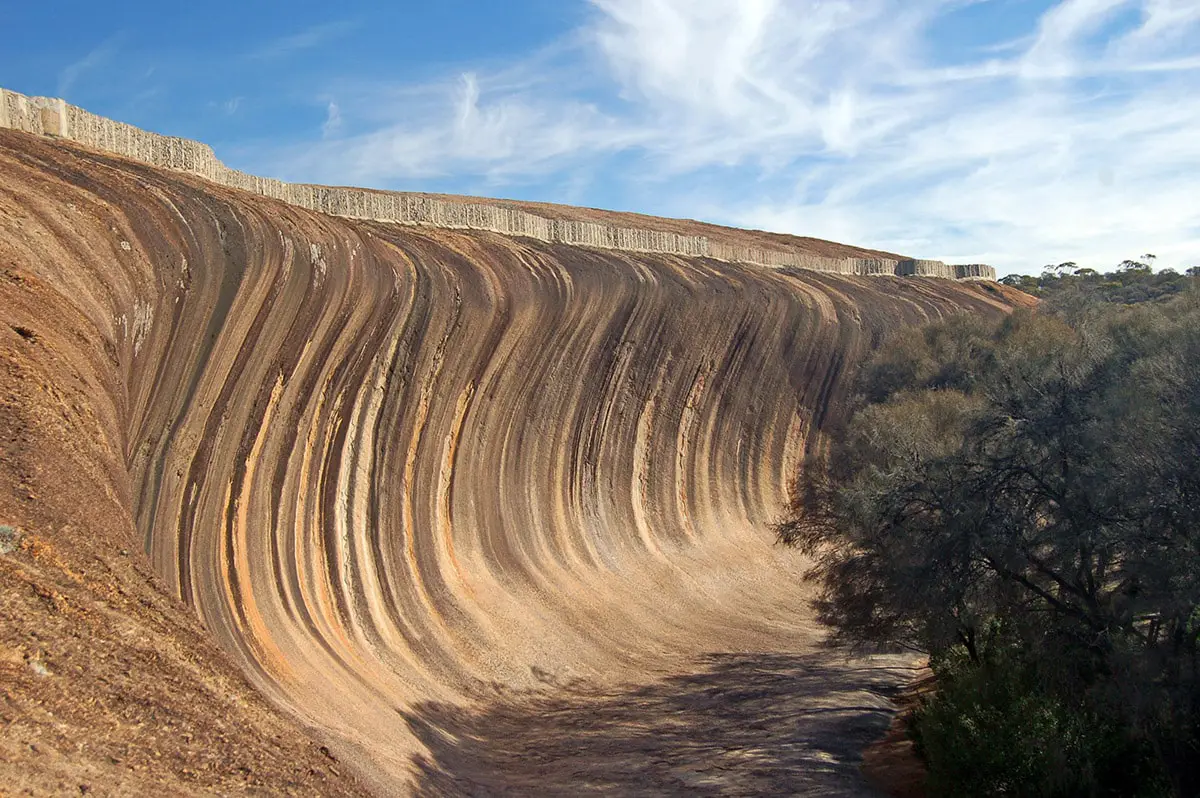
Fraser Island
Australia
The largest sand island in the world, 1,840 km². Contains dunes that are up to 24 meters high, tall rainforests growing at elevations up to 200 meters, unique ‘vallum’ heaths, and more than 100 unique, crystal clear dune lakes retained in the sand by organic matter deposits.
Champagne Pool
New Zealand
One of the most impressive and unusual hot springs in the world, 65 meters in diameter, and up to 62 meters deep. Spring is filled with 73 °C hot water oversaturated with metalloids and gases, sedimenting bright orange sediments.
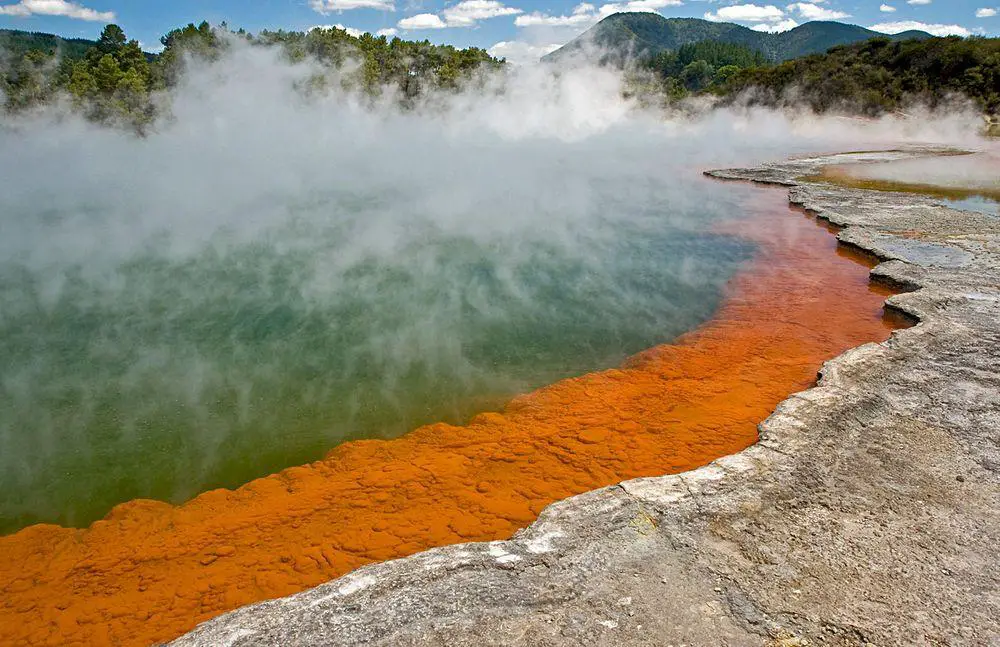
Morning Glory clouds of Carpentaria Gulf
Australia
A unique phenomenon, characteristic of the region at the southern part of Carpentaria Gulf. Here in the springs early in the morning special conditions form up to 1000 km long roll clouds, providing unique sight.
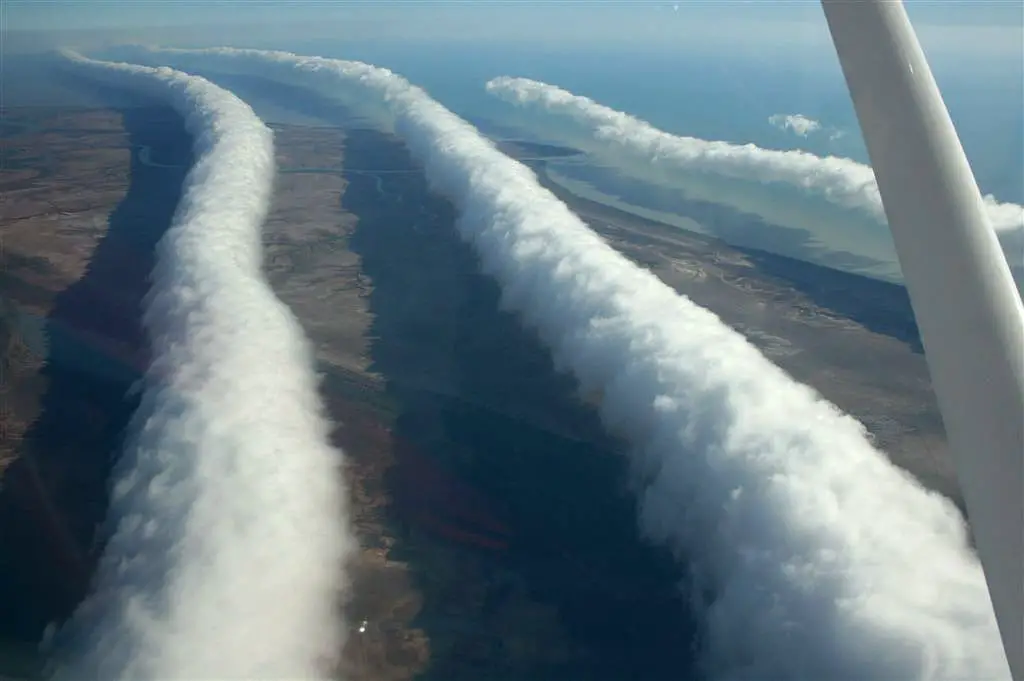
White Island
New Zealand
Active volcano rising 321 m high from the sea as an island. One of the most accessible active marine volcanoes in the world. Fumaroles and boiling mud pools. The crater contains a light blue lake.
Ball‘s Pyramid
Australia
An unusual remnant of a volcano – 562 meters high and just 200 meters wide cliff rising directly from the sea. Tallest volcanic stack in the world. Up to the recent time, this was the only place in the world where the up to 15 cm long Lord Howe Island stick insect (Dryococelus australis) was living.
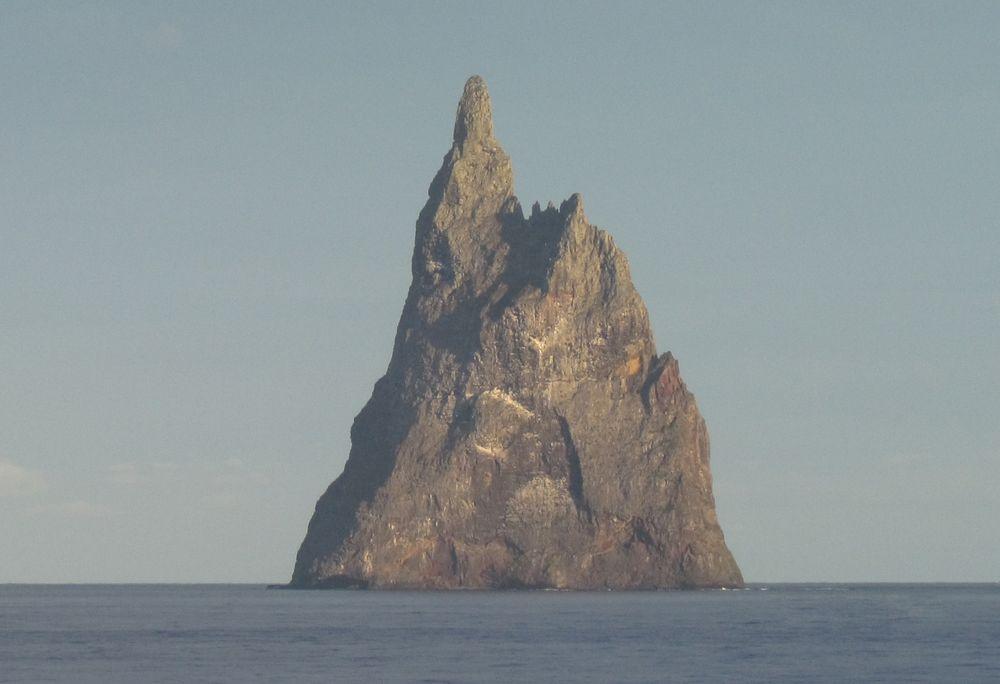
Orakei Korako
New Zealand
A geothermal area with unique, colorful sinter terraces and geysers. The largest geyser field in New Zealand with some 35 active geysers. The lower terrace – Emerald Terrace – is the largest sinter terrace in New Zealand. Part of it is flooded by a hydropower station, submerging some 200 hot springs and 70 geysers.
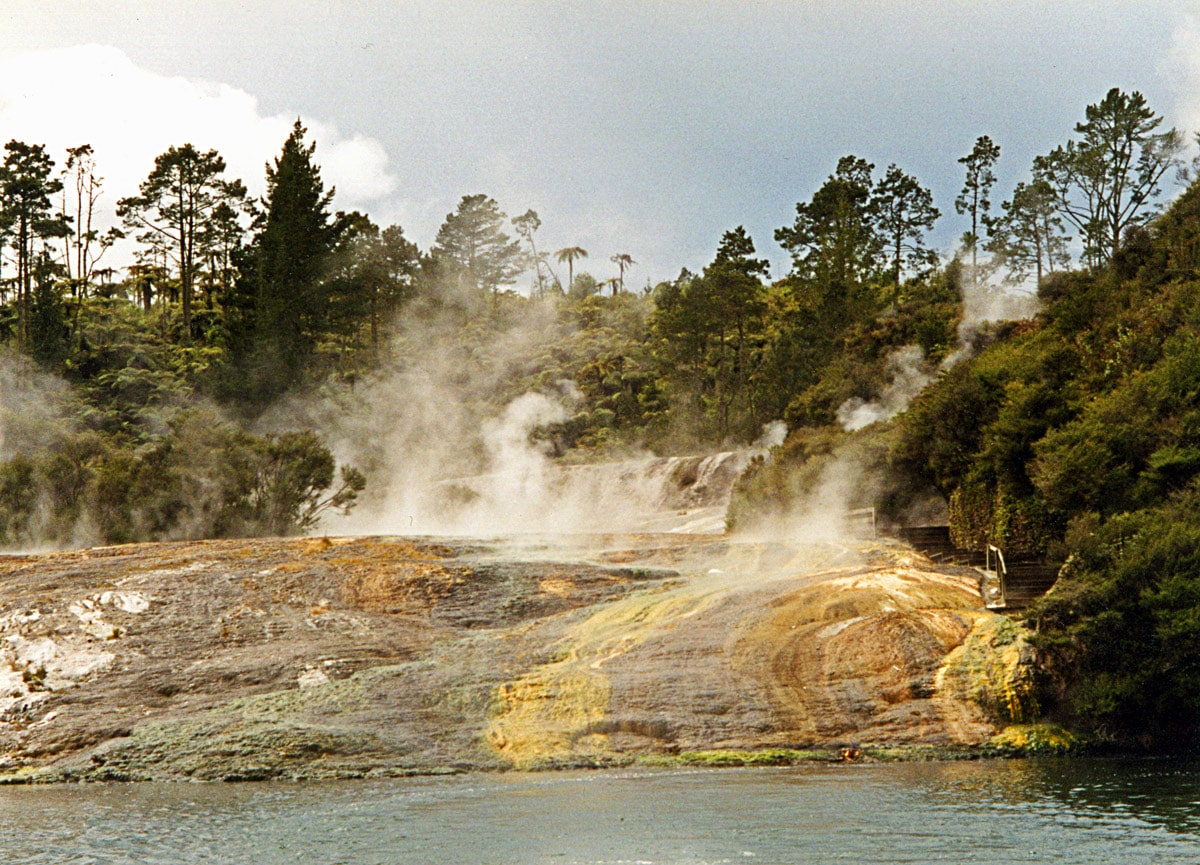
Lake Hillier
Australia
Unusual lake in flamboyant rose color, surrounded by lush green forest and the ocean nearby. The unusual color, most likely, is caused by algae Dunaliella salina but the search for the cause continues.
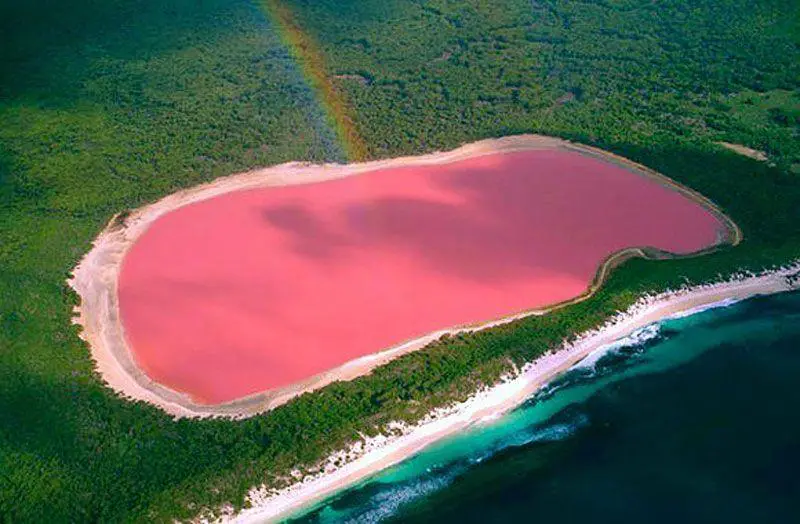
Doubtful Sound
New Zealand
One of the most grandiose fiords in the world.
Shell Beach, L’Haridon Bight
Australia
One of the few beaches in the world that consists exclusively of shells. Here shells extend for 60 kilometers with a 7 -10 m thick layer.
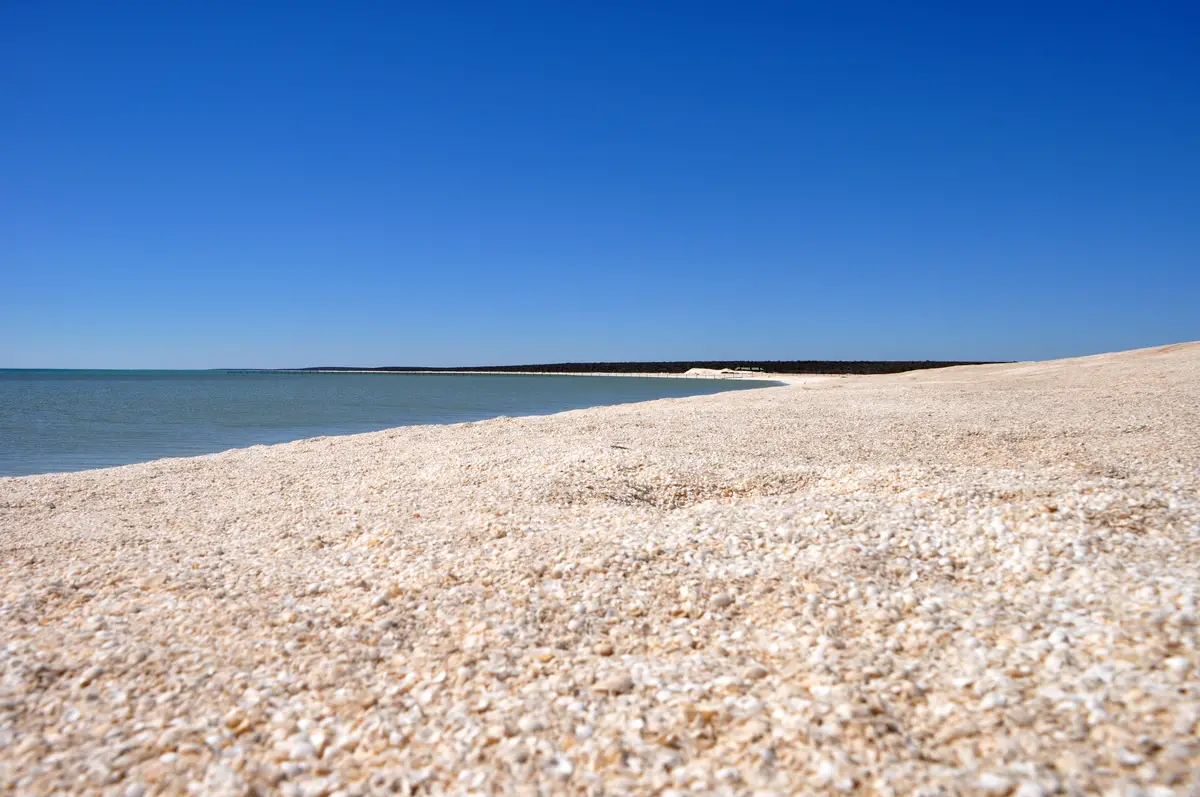
Biological wonders
Lord Howe Island
Australia
This remote, 56 km² large Australian island has its own ecoregion where half of the plants and some birds, and other animals are endemic. Unique characteristics are diverse glowing mushrooms in the forest, some bright enough to be used for reading at night. Endemic kentia palms are popular, beautiful houseplants.
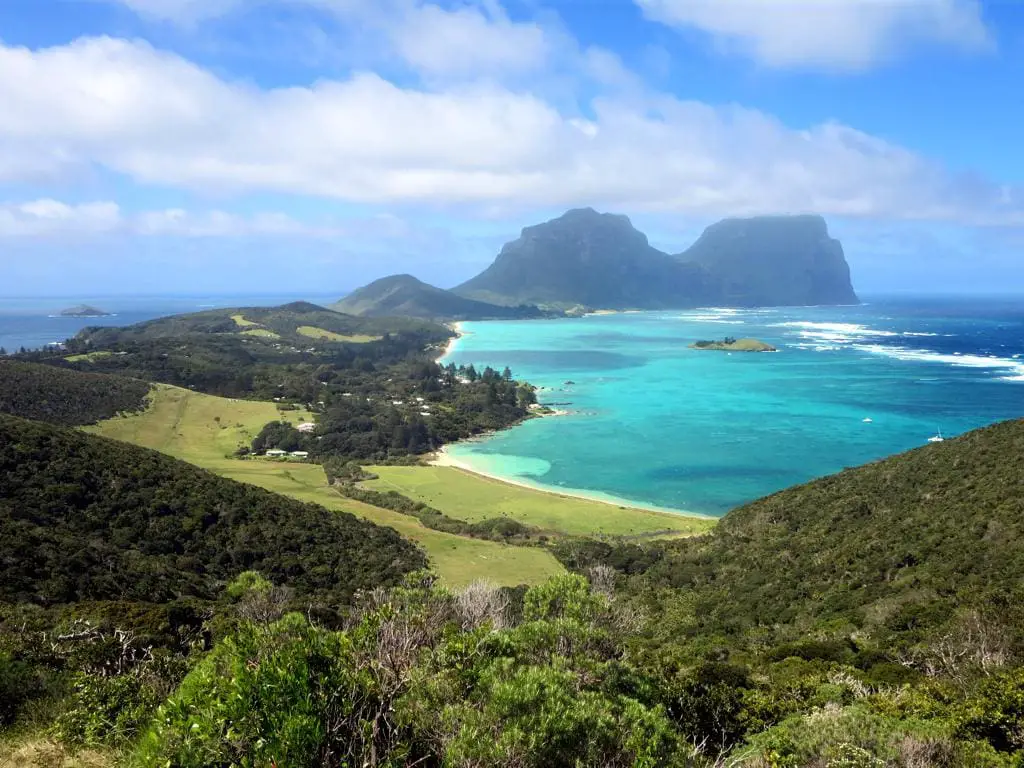
Jellyfish Lake (Ongeim’l Tketau)
Palau
A unique marine lake with an area of 5.0 ha and an underground connection to the sea. It is isolated from the sea for 12,000 years and contains a distinct population of two species of jellyfish – endemic Mastigias cf. papua etpisoni and most likely endemic Aurelia sp. Millions of these jellyfishes make strict daily migration around the lake. The number of jellyfish has reached up to 31 million (January 2005).
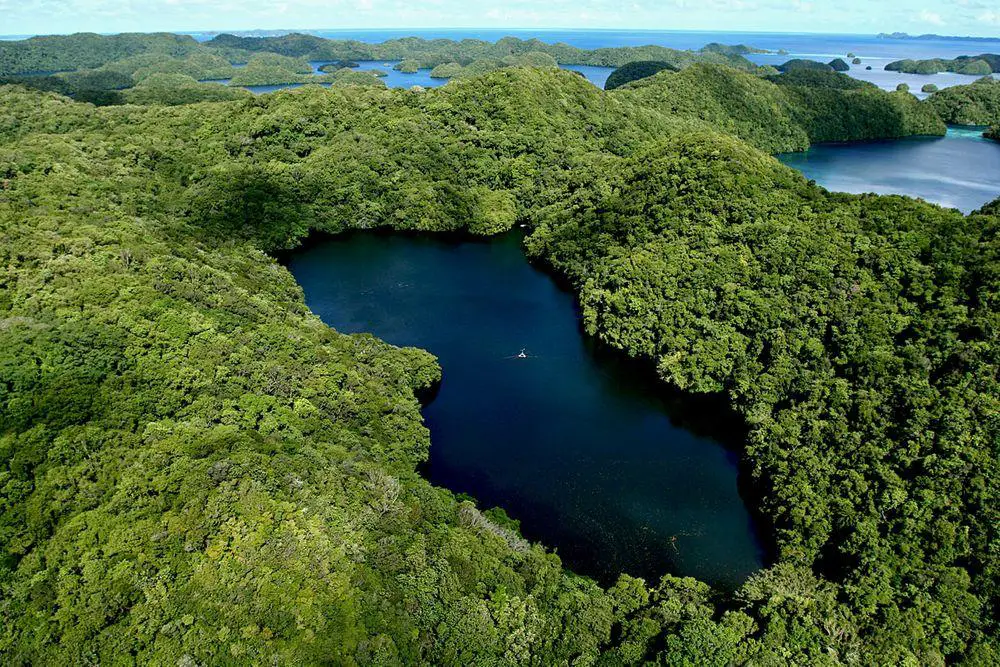
Christmas Island crab forest
Christmas Island (Australia)
The forest of Christmas Island is unique in the world due to the dominant species – some 50 – 100 million red crabs (Gecarcoidea natalis) – clearing the forest floor of leaves and other organic matter. These crabs are endemic to Christmas Island. Once per year, they migrate to the sea to lay their eggs, on the way blocking the roads and paths.
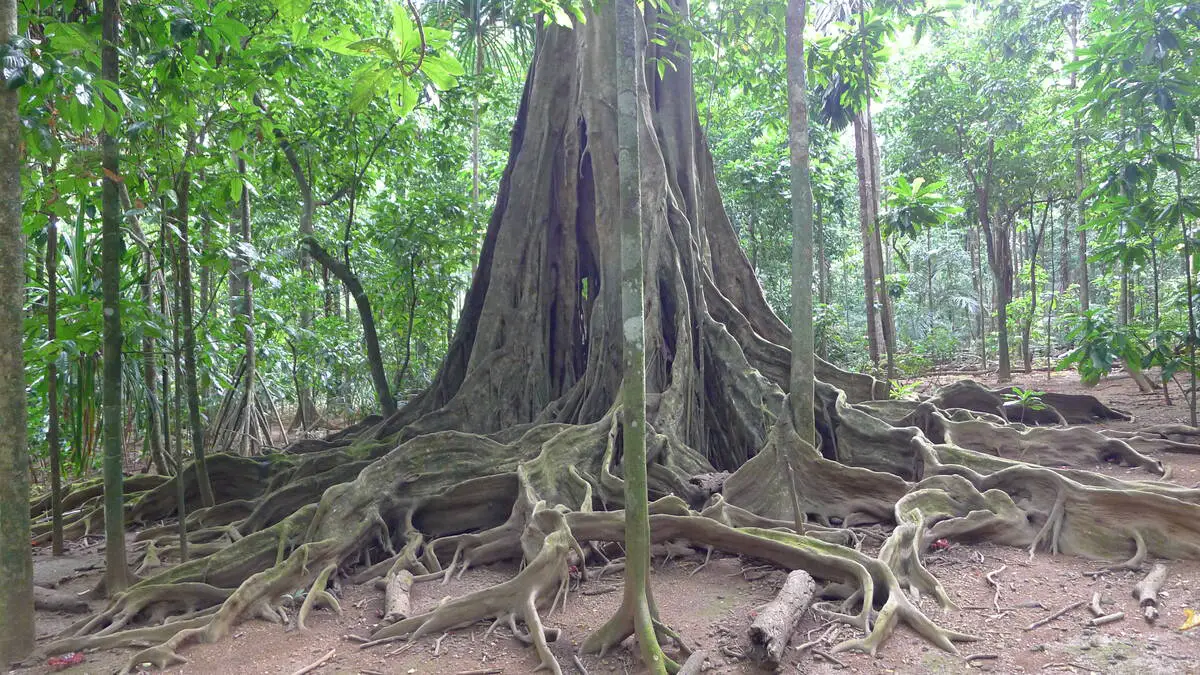
Ecosystem of Henderson Island
Pitcairn Islands (United Kingdom)
The only forested atoll with an intact ecosystem in the world. Endemic species – 9 species of plants and all 4 species of land birds. Numerous invertebrates are endemic, although they are poorly researched. The island is not walkable – it is covered with thicket and rugged limestone peaks.
The Daintree Rainforest
Australia
Scenically beautiful rainforest in Australia with very high biological diversity. This forest contains unique, primitive flowering plants that survived the dry climatic periods in smaller areas of climatic refuge.
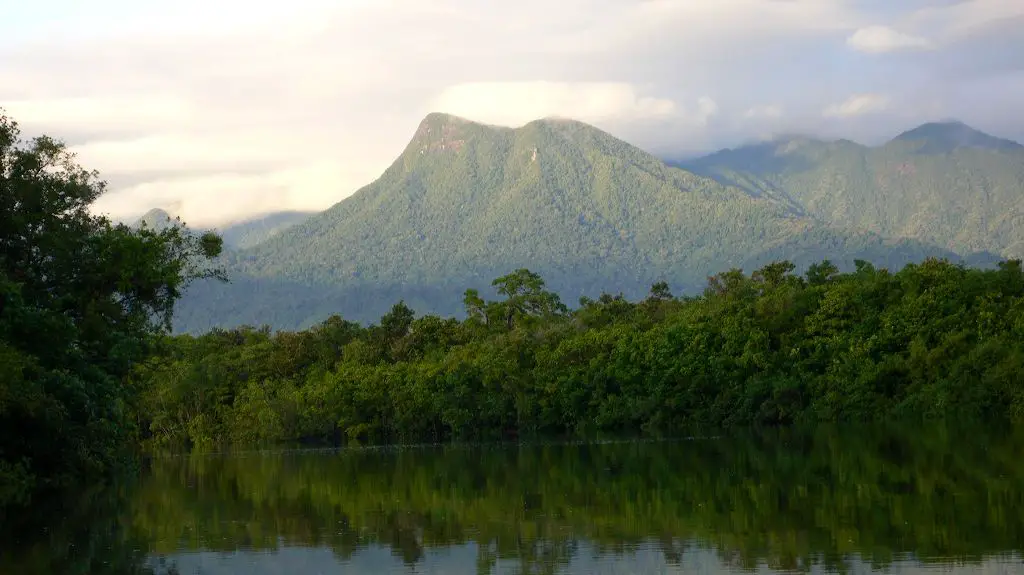
Archaeological wonders
Ahu Tongariki
Rapa Nui (Chile)
The largest ahu with an unusual history: its moai possibly were toppled during the civil wars and swept inland some 100 meters by a tidal wave in 1960. It is restored and all 15 moai again face the sunset during the summer solstice. Here is the largest standing moai of Rapa Nui – it weighs 86 tons.
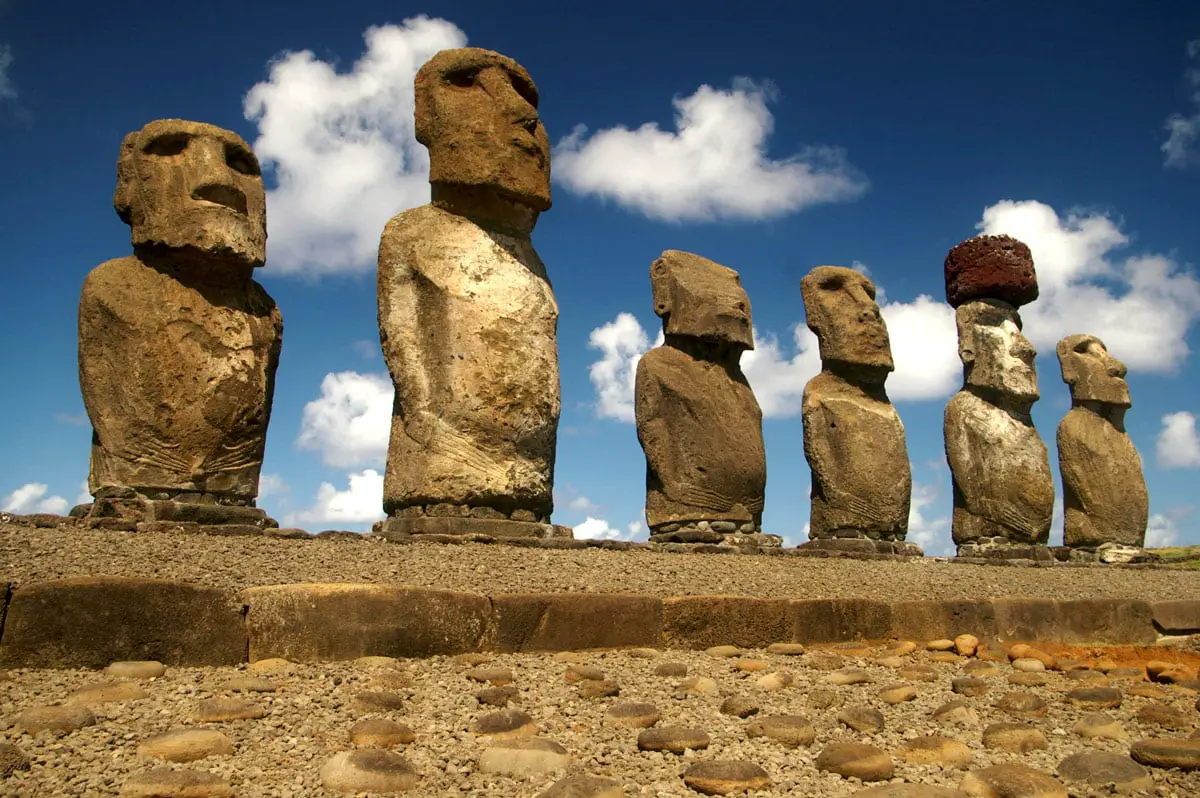
Rano Raraku quarry
Rapa Nui (Chile)
One of the visually most impressive megalithic monuments in the world. Rano Raraku in 1200 – 1700 AD served as a mine of moai. 397 sculptures are still located in situ, half-made, or left on the way to their destinations. Here is located the largest moai weighing 270 tons and 21.6 m tall, many times larger than any transported moai.
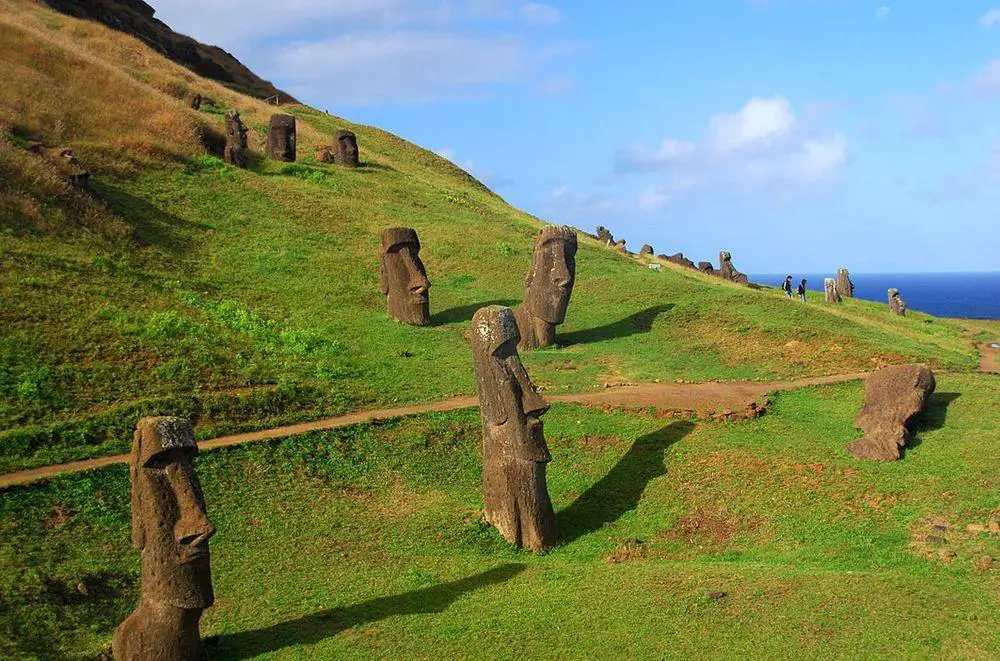
Rai of Yap
Federated States of Micronesia
Limestone discs with a hole in the middle. Their diameter reaches 3 meters and these discs were used as money over the last 500 years. In 1929 there were registered 13,281 stone discs all over the island, now many have been looted and some thousands remain. The largest “coins” are on Rumung Island – one coin here has a diameter of 3.6 m.
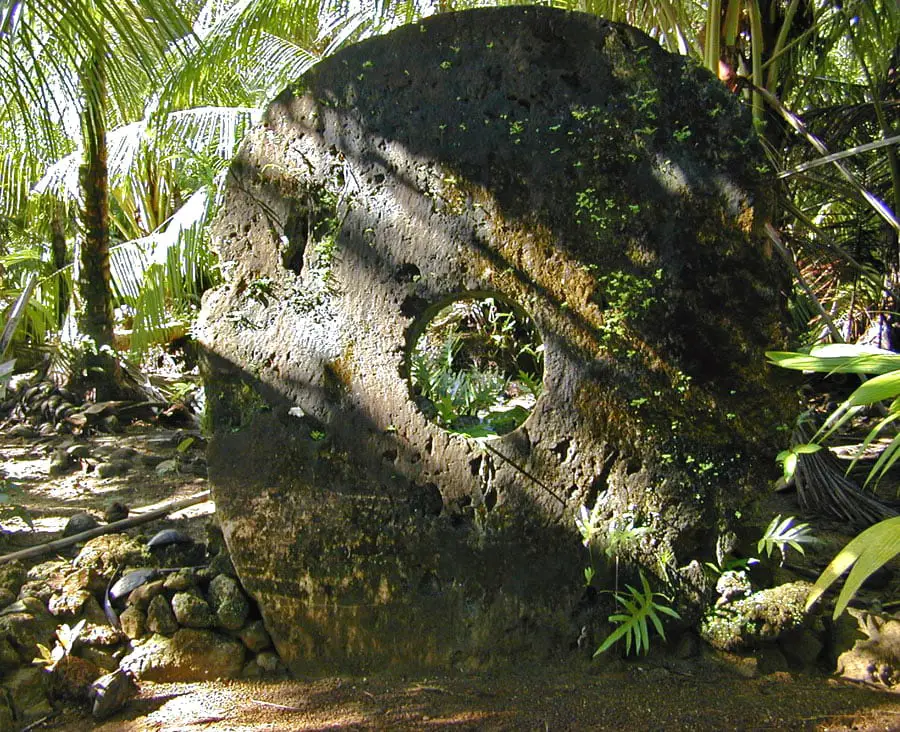
Nan Madol
Federated States of Micronesia
Unique archaeological monument in this part of the world – ruins of a prehistoric city. Consists of nearly 100 artificial islets with massive stone walls, with the largest stones weighing up to 50 tons. The capital of the Saudeleur dynasty. The megalithic structures were built in the 12th – 13th century and inhabited until the early 14th century.
Architecture wonders
Sydney Opera House
Australia
One of the iconic buildings representing not only Australia but 20th-century architecture in general. Constructed in 1973.
 Recommended books
Recommended books
The Happy Isles of Oceania: Paddling the Pacific
In one of his most exotic and breathtaking journeys, the intrepid traveler Paul Theroux ventures to the South Pacific, exploring fifty-one islands by collapsible kayak. Beginning in New Zealand’s rain forest and ultimately coming to shore thousands of miles away in Hawaii, Theroux paddles alone over isolated atolls, through dirty harbors and shark-filled waters, and along treacherous coastlines. This exhilarating tropical epic is full of disarming observations and high adventure.
Art in Oceania: A New History
Masks and figural sculptures are the most familiar examples of the visual culture of Oceania, yet they provide only a glimpse of the fascinating art of this diverse region. Artisans of the Pacific Islands and Australia have produced objects ranging from stained and beaten fabric, rock engravings, and woven containers to tattooed and painted bodies, drawings on sand and paper, and contemporary installation art. This survey looks at the full range of objects created over several millennia, spanning the settlement of Oceania in the prehistoric period to the present day.

